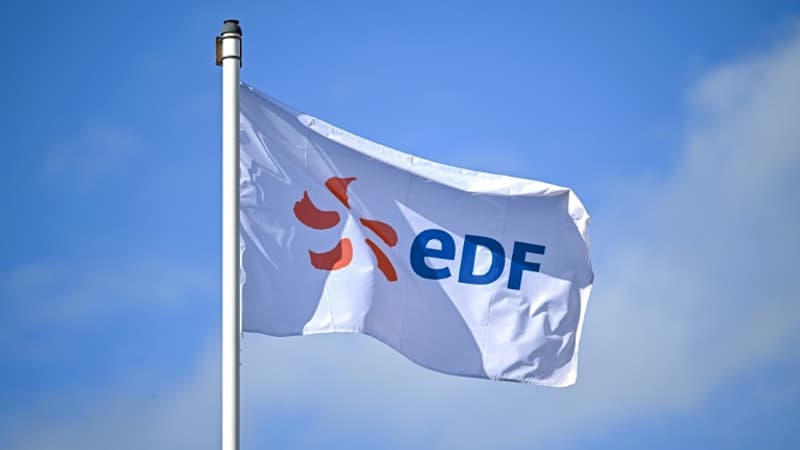Contracts reserved for the big ones. EDF announced on Tuesday its intention to enter into contracts with the largest French industrial electricity consumers for a minimum of ten years backed by nuclear assets. The public group thus wishes to share its risks and obtain visibility of its income in a context of enormous investment needs.
The group also said it was targeting contracts expiring in 2027 and 2028 with clients in its “enterprise” market, which include carmakers, food distribution groups, VSEs and SMEs.
Price stability
The review of the public group’s commercial policy is part of the project for new regulation of the French electricity market after an agreement with the State on a reference price for electricity of 70 euros per megawatt-hour (MWh), accompanied by a to raise EDF revenues beyond this threshold, which should ensure price stability for consumers.
The offers that the group will offer to the electro-intensive, which it describes as “association” contracts, will cover periods of 10 to 15 years, or even more. Like PPA (Power Purchase Agreement) type contracts, they will include advances paid by customers to reserve a part of the production of the nuclear park, with payments that would then be based on the cost of the plants.
“Return to robust production”
EDF estimates that its electro-intensive clients, around 150, represent 40 TWh of annual consumption. Of this total, he believes he will be able to close contracts representing about 20 TWh.
“We are looking to return to solid production, but also to promote these offers that provide stability and visibility to our clients,” declared Marc Benayoun, executive director of EDF in charge of the Clients, Services and Territories Division, during a conference of press. conference.
“Only in this way will we be able to offer our clients what they expect and also guarantee EDF income in line with its investment program,” he added. EDF expects to quickly find itself in a situation where the new regulation will not result in the capture of its revenues and believes that the new framework will not necessarily lead to an increase in regulated electricity prices, Marc Benayoun also indicated.
Source: BFM TV


